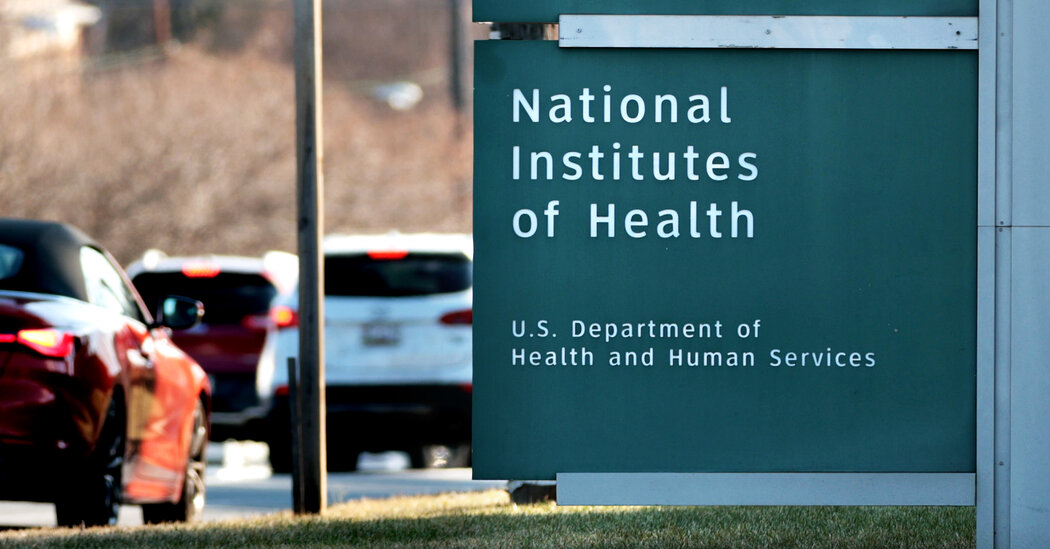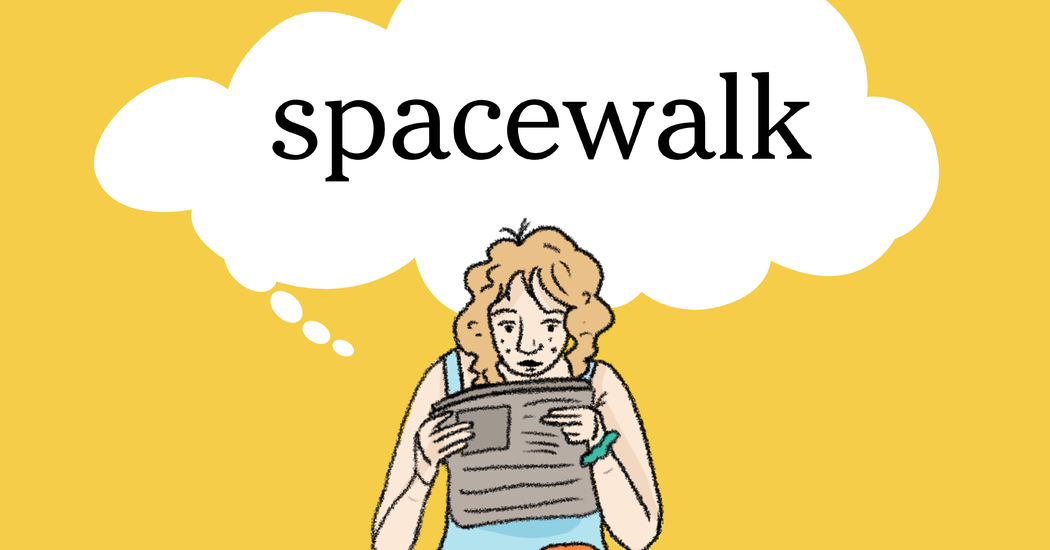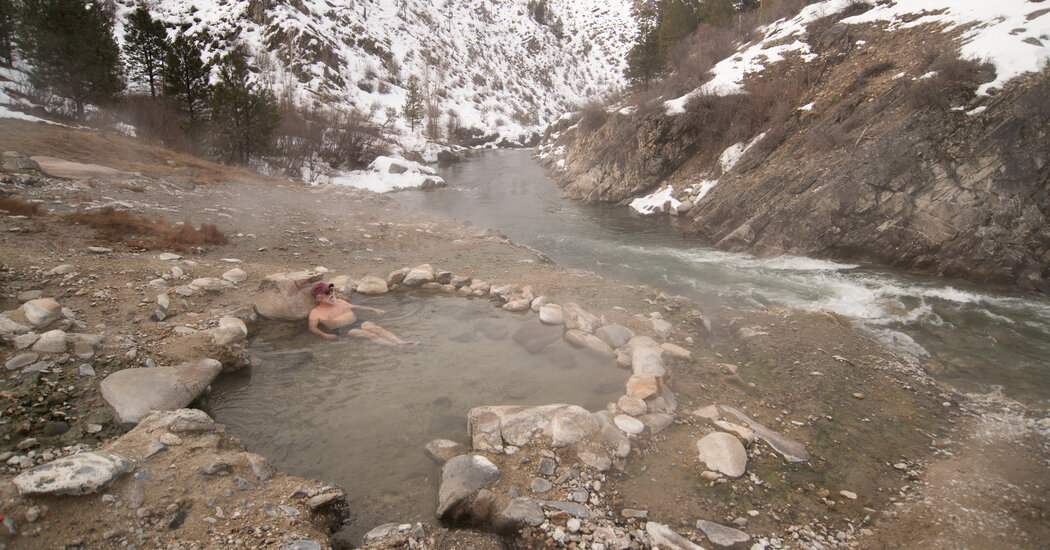N.I.H. Research Threatened by Policy Changes
Senior scientists at the National Institutes of Health fear that research on conditions like obesity, heart disease, and cancer will be undermined by President Trump’s policies. A week after Donald J. Trump was inaugurated, a senior scientist at the National Institutes of Health was preparing to give an invited talk at a scientific meeting when an urgent call came in from an administrative assistant. There is a total communications ban, the scientist was told, and you cannot give the speech. As soon as the scientist got back to the office, another ban went into effect — one that prohibited researchers from submitting papers to journals for publication. Seven senior investigators working in different parts of the National Institutes of Health described rules put in place on orders from the Department of Government Efficiency that risk hampering and undermining American medical science. All spoke on the condition of anonymity because they feared for their jobs for speaking publicly. One said that DOGE had begun a reign of chaos and confusion. The scientists warned that it had the potential to seriously weaken the N.I.H. — the crown jewel of American science, with a vast network of thousands of researchers in 27 centers dedicated to treating disease, improving health, and funding medical research.
Concerns Over Restrictions on Scientific Research at the National Institutes of Health
The uncertainty pervading the N.I.H. has reached a point where even the most routine functions are destabilized. Senior scientists are raising alarms over the possibility of mass disruptions, fearing widespread impact on their critical research as well as on their future employment. The ripple effects of these policies are not limited to just a few individuals or departments but are threatening the broader scientific community and the advancements it aims to achieve. As budgets are slashed and projects put on hold, collaborations and ongoing studies face serious threats, potentially halting advances in understanding complex diseases and conditions that were once on the cusp of breakthroughs. The prevailing atmosphere of insecurity is taking a toll on the morale of those dedicated to pursuing scientific knowledge for the betterment of society. Even though some administrative actions have been reversed temporarily, the looming threat of future restrictive policies and personnel changes continues to cast a shadow over the N.I.H.’s mission. As the environment swirls with conjecture and fear, it is not just the scientists but the entire trajectory of American medical science that stands at risk.
Chaos and Confusion Under DOGE’s Reign
The instability has also cast a shadow over up-and-coming researchers and the future of medical breakthroughs. Junior scientists are particularly vulnerable as they try to establish their careers amidst uncertainty. Many postdoctoral researchers who would traditionally continue their work at the N.I.H. or similar institutions are now reconsidering their options, with some leaving the field entirely. This exodus could result in a gap in scientific expertise, hindering progress on critical health issues. While senior scientists grapple with these challenges, the next generation faces roadblocks in securing positions and funding, exacerbating an already tense atmosphere. The potential long-term impact on innovation and public health remains an alarming concern among the N.I.H. community.
Chaos and Confusion Under DOGE’s Reign
Under such chaotic circumstances, the atmosphere at the N.I.H. has become one of uncertainty and anxiety. Scientists live in perpetual worry that they might lose their positions, regardless of their status or contributions to the institute. This insecurity is affecting not only morale but also the quality of research, as focus shifts from innovation and discovery to concerns over job stability. The looming threat of mass firings hangs heavily over the institution, with no clear guidelines on who might be targeted or when these cuts could occur. This pervasive sense of instability is stymieing progress and sapping energy from important research initiatives. Scientists feel they are operating under a cloud of unpredictability, where the lack of clarity and consistency in administrative decisions makes it nearly impossible to plan and carry out important work effectively.
Impact of Policy Changes on NIH Research Grants
The uncertainty surrounding the policies and decisions at the National Institutes of Health has left many scientists grappling with chaos and fear for the future of their work. The recent changes have not only disrupted the lives and careers of those at the N.I.H. but also jeopardized the critical research and advancements that could have potentially transformative impacts on public health. As researchers continue to be faced with these challenges, the pressing need for clarity and stability becomes ever more important to ensure that the N.I.H. can continue its essential mission of advancing health and science.















Post Comment